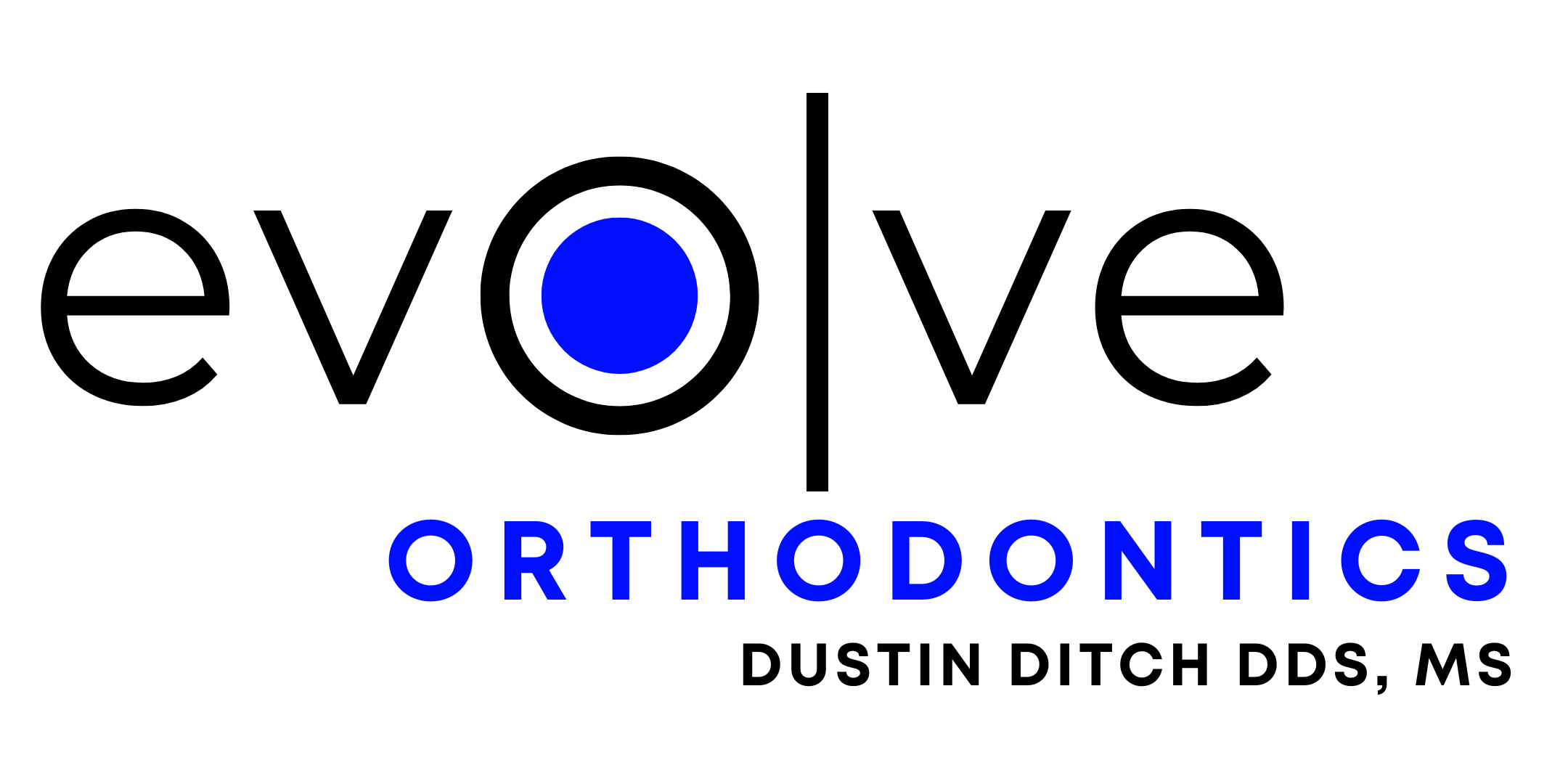Orthognathic Surgery
Orthognathic surgery may sound complex, but this surgery is not always so complicated and serious. Orthognathic surgery can often be done as a routine in-office procedure. For example, extracting impacted wisdom teeth or placing dental implants in the jaw are orthognathic surgery procedures that can be done in-office.
Conditions Which can Be Treated with Corrective Orthognathic Surgery
- The conditions that can be treated successfully with orthognathic surgery include:
- Difficulty chewing, biting food or swallowing
- TMJ pain and headache
- Excessive wear on teeth
- Open bite, underbite, overbite (malocclusions)
- Asymmetrical facial appearance
- Facial injury or birth defects
- Receding chin
- Protruding jaw
- Lips that don't meet correctly
- Chronic mouth breathing and mouth dryness
- Sleep apnea
How Orthognathic Surgery is Performed
While every patient is unique, we can outline the general steps taken when planning and performing orthognathic surgery. The first step involves a thorough examination by our orthodontist followed by a consultation & planning meeting with the restorative or general dentist, your orthodontist and the oral surgeon. A precise, individualized plan of treatment is then developed using diagnostic images, 3-D models and advanced computer software.
The treatment plan we develop for you may involve using orthodontic appliances such as braces or a retainer either prior to or following the surgical procedure to ensure you have an effective and aesthetically pleasing result. It may even be possible for us to show you a picture of what you will look like when the treatment is complete.
Orthognathic surgery can be done using the most appropriate type of anesthesia. Once the surgery is done, minor pain and swelling can be controlled with prescription or over-the-counter pain medication. We will tell you to follow a soft or liquid diet for a few days following the surgery.
Recovering from Orthognathic Surgery
Recovering from corrective orthognathic surgery typically takes one to two weeks to feel “normal” again. Of course, how long it takes you to recover depends on the amount of surgical correction needed, whether or not both jawbones need correction and your age.
Orthognathic surgery can provide you with many benefits including improved facial appearance, correction of chewing problems, speech deficits, sleep related disorder and jaw pain.
